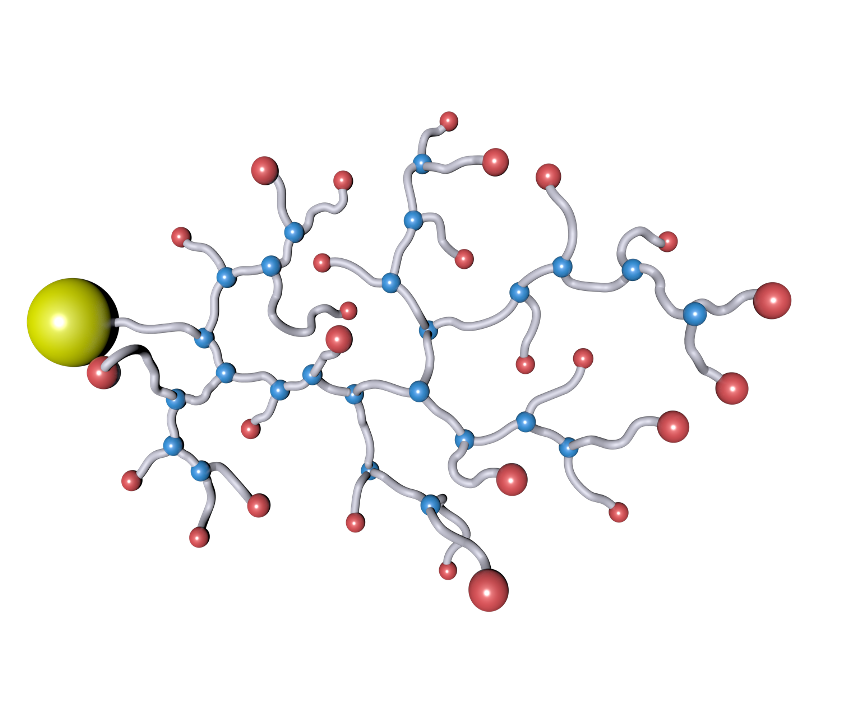Leading Uses Polymers: Enhancing Everyday Products
Leading Uses Polymers: Enhancing Everyday Products
Blog Article
Checking Out the Varied Applications and Advantages of Polymers in Different Industries
Polymers, with their varied series of properties and functionalities, have actually become crucial in various sectors, each enjoying unique take advantage of their application. Polymers. From enhancing security and performance in the vehicle sector to reinventing clinical gadgets in the medical care industry, polymers play a crucial function. Furthermore, their environment-friendly nature is altering the landscape of sustainability practices. As we look into the depths of polymers in electronic devices, we discover cutting-edge developments, while their structural integrity transforms the realm of construction and facilities. The prevalent influence of polymers throughout sectors is a testimony to their versatility and versatility, shaping the future of numerous fields.
Automotive Sector Applications
Polymers play a pivotal function in boosting the efficiency and resilience of various components within the automotive market. One noticeable usage of polymers in the auto sector is in the manufacturing of lightweight components.

Healthcare Sector Benefits
In different medical care applications, the benefits of using polymers are commonly recognized for their diverse variety of helpful residential properties. Polymers play a crucial function in the healthcare sector due to their adaptability, biocompatibility, and cost-effectiveness. Among the key benefits of polymers in health care is their ability to be tailored to certain requirements, such as flexibility, durability, and biodegradability, making them optimal for a wide variety of clinical applications.
Polymer-based products are extensively used in clinical gadgets, such as catheters, implants, prosthetics, and medication distribution systems, because of their biocompatibility and capacity to simulate all-natural cells. These products can lower the risk of allergies or beings rejected, enhancing patient safety and security and end results. Furthermore, polymers are lightweight, making them ideal for wearable clinical tools and ensuring patient comfort.
Moreover, polymers allow the growth of cutting-edge therapy methods, such as hydrogels for cells engineering look what i found and nanocomposites for targeted medicine shipment. Their convenience of processing and sterilization makes them crucial for preserving high criteria of health in health care settings. Generally, the diverse advantages of polymers add substantially to advancements in clinical innovation and individual treatment.
Environmental Benefits of Polymers

Moreover, polymers can add to energy savings as a result of their light-weight nature. In markets such as transport, lightweight polymer materials can help in reducing fuel intake and greenhouse gas exhausts. In addition, polymers can enable the growth of energy-efficient items such as insulation products that improve energy preservation in buildings.
Furthermore, polymers play a critical role in reducing water air pollution. For instance, using polymer-based filtration systems can efficiently get rid of toxins and contaminants from wastewater, protecting water sources and communities. Overall, the ecological advantages of polymers make them valuable possessions in advertising sustainability and environment-friendly practices across numerous sectors.
Polymers in Electronic Devices and Modern Technology
Taking into consideration the boosting demand for innovative and sustainable remedies in modern industries, the integration of sophisticated polymer modern technologies in the realm of electronics and innovation has emerged as an essential method for driving performance and efficiency. Polymers have actually reinvented the electronic devices sector by making it possible for the manufacturing of lighter, much more adaptable, and long lasting digital devices. From mobile phones to clinical gadgets, polymers play a address vital role in improving product design and performance.
One significant benefit of polymers in electronics is their shielding homes, which aid secure delicate electronic elements from ecological elements and electric disturbance. Additionally, polymers are essential in the growth of versatile screens, wearable technology, and printed electronic devices, supplying countless possibilities for producing wise and interconnected tools.
Additionally, using polymers in electronic packaging has led to developments in miniaturization and thermal administration, boosting the total performance and dependability of digital systems. As innovation remains to advance, the flexibility and adaptability of polymers will undoubtedly drive better innovation in the electronics industry, forming the future of innovation.
Duty of Polymers in Building And Construction and Facilities
Polymers offer explanation various advantages in the building and construction market due to their convenience, toughness, and cost-effectiveness. One crucial role of polymers in building is their use in coverings and sealers, offering defense against environmental elements such as wetness, UV radiation, and rust.
Additionally, polymers play a critical role in lasting building and construction practices by enabling the advancement of energy-efficient frameworks. Insulating products made from polymers help manage indoor temperature levels, lowering the need for heating and cooling systems and ultimately lowering energy intake - Polymers.
Conclusion
In verdict, polymers play a critical duty in various industries such as auto, medical care, environmental, electronics, and building and construction. From enhancing gas efficiency in vehicles to improving medical tools, polymers provide many benefits.
Report this page